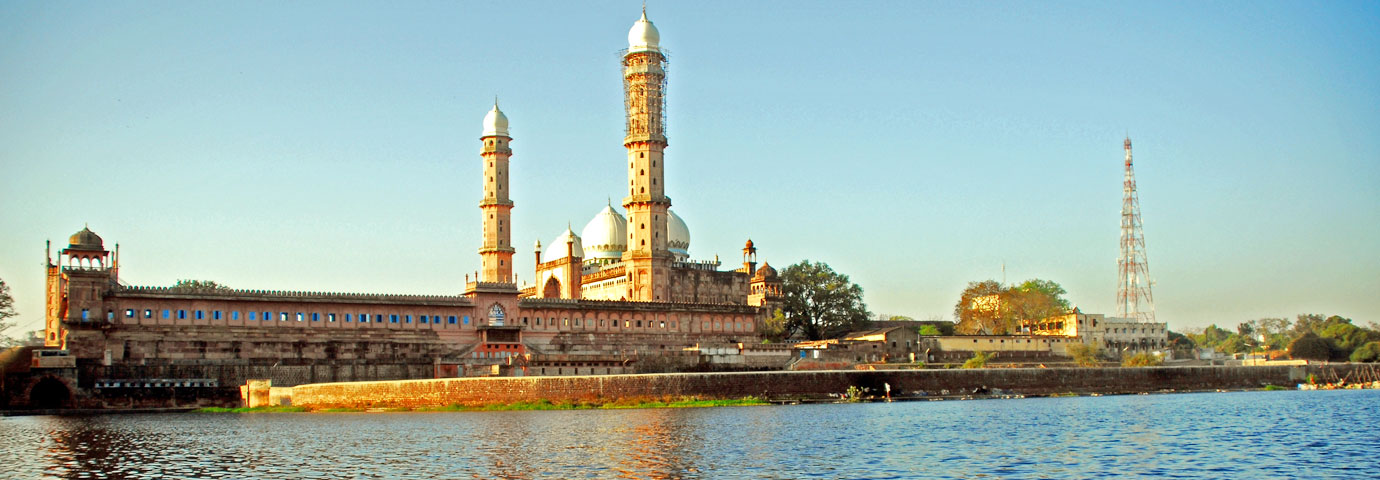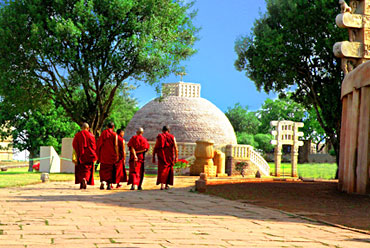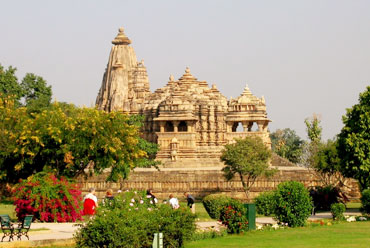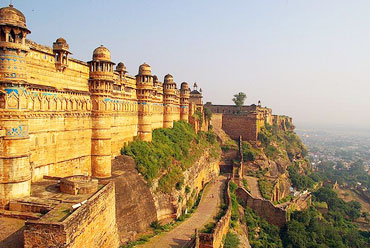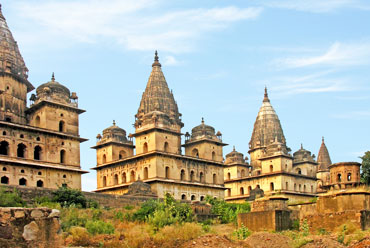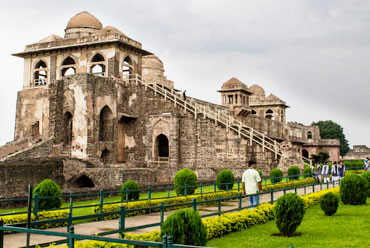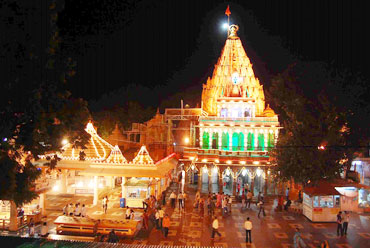Bhopal is the capital city of the state of Madhya Pradesh, which is the largest state in India. Bhopal is also referred to as the City of Lakes because of the two beautiful lakes that are situated in the center of the city. Apart from its natural beauty, Bhopal is also famous for its mosques. The Taj-ul-Masjid in Bhopal is the largest mosque of India. Bhopal is also known, sadly, for the largest industrial disaster or the Gas Tragedy, which struck it in 1984.
Location
Bhopal is located in the northwestern part of the state of Madhya Pradesh, in the central region of India. It lies along the slopes of a sandstone ridge, which is a part of the Malwa plateau. There are two man-made lakes at the center of Bhopal city. The weather in Bhopal during summers (April-June) is quite hot, but winters (November-February) are cool and pleasant. It experiences southwestern monsoon rains in July-September. It is 744 km south of Delhi and 779 Km northwest of Mumbai (Bombay).
History
The history of Bhopal dates back to the 11th century AD, when it was built by the legendary King Bhoja. The region witnessed a power struggle between local rulers and the Mughals, with the latter taking over. The decline of the Mughal Empire with the death of Aurangzeb (AD 1707) led to political turmoil in this region. The small princely state of Bhopal and the present-day city was founded by an Afghan soldier Dost Mohammad in 1723. It was the second largest Muslim state during the rise of British power in India. It aligned itself with the British, in their fight against the Marathas, in 1817. At the time of India's independence in 1947, Bhopal remained a separate state, until 1949, when it acceded to India.

